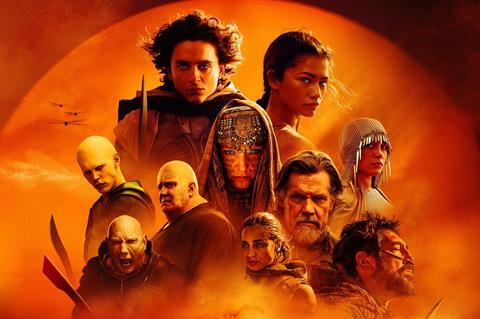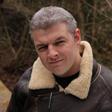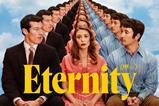Those who dismiss the Dune series as being anti-religious are not looking close enough, says Giles Gough. The epic saga is a lesson in how not to abuse faith and power

After years of waiting, the anticipation in the run up to the release of Dune: Part Two was palpable. Further delayed for five months due to the actors’ strike, at one point, it seemed that there was no guarantee the film would ever see the light of day.
Unlike other sci-fi epics, the Dune saga was not filmed back-to-back, so the second instalment was entirely dependent on the box office success of the first. So if you watched Dune: Part One in the cinema, congratulations, the existence of this film is, in part, down to you.
Paul Atreides is the inverse of Jesus. He’s a manufactured messiah hell-bent on political power
And with the sequel sand-storming to the top of the charts, earning $81 million domestically so far, it seems that an adaptation of Frank Herbert’s follow up book Dune: Messiah is all but a certainty.
The rise of a saviour
Dune: Part Two picks up the story mere hours after the end of the first installment. Set 10,000 years in the future on the desert planet Arrakis, Paul Atreides (Timothée Chalamet) is on the run with his mother, Jessica (Rebecca Ferguson) from the evil Harkonnens, who have not only slaughtered his father, the noble Duke, but his entire house. With the aid of the Fremen, a nomadic warrior people, we see Paul transition from young boy to military leader, determined to seek revenge on Baron Harkonnen and the sinister Emperor who enabled the massacre.
At this point, it almost seems redundant to point out how phenomenal the performances are. The cast list is an embarrassment of riches, Chalamet gives a beautifully nuanced performance as a young man resisting the future he is inexorably drawn to because of the inevitable bloodshed it will create.
Austin Butler is terrifying and unrecognisable as Feyd-Rautha Harkonnen, the young sociopathic baron in waiting. If one were forced to pick a stand out, it would be Zendaya, who plays Chani. In the book, Chani is little more than an exotic love interest, a victim of the gender politics and orientalism you could expect of a book written in the 1960s. In the film, she is a skilled military commander in her own right. Watching her react to Paul’s transformation into a military messiah is devastating.
Religious markers
Much has been made of the film’s heavy Islamic influence. Although it doesn’t appear to be inspired by anything particular in the Koran, it takes inspiration from Muslim societies throughout history. It is littered with Arabic-sounding words, most notably jihad, meaning ‘struggle’, used in Dune to describe Paul’s fight against the Harkonnens and the Emperor.
But while much of the language and culture come from Islam, the parallels with Jewish theology are perhaps more compelling.
The Jewish Messiah is a liberator, believed to be the future redeemer of the Jews. The coming of this messiah is meant to usher in an age of justice and peace where all nations recognise that the God of Israel is the one true God.
Much has been made of the film’s heavy Islamic influence
The first-century Jews, heavily oppressed by the Romans, had a very specific idea of what the Messiah would look like. They were hoping and praying for a strong, military leader who would free them from the imperial yoke of the Romans and, instead, Jesus arrived, a travelling carpenter-turned-teacher who spoke about forgiveness and love, healed lepers and hung out with women of questionable repute. It’s no wonder so many struggled to see him for who he truly is.
Inverse Jesus
In this context, Paul Atreides is the inverse of Jesus. He’s a manufactured messiah hell-bent on political power whose actions in the books lead to the deaths of 61 billion people.
Critics who dismiss Dune as being anti-religion need to pay closer attention. The Dune series is a potent warning against using religious beliefs to gain political power.
Perhaps the author said it best himself when he stated: “When politics and religion are intermingled, a people is suffused with a sense of invulnerability, and gathering speed in their forward charge, they fail to see the cliff ahead of them.”






































No comments yet